The Case for Revolutionary Love
Valarie Kaur’s vision for change gathers up opponents into a story, refiguring them as members of one human family.
Please note that orders placed between February 1-February 17 will not be shipped until February 17. Thank you for your patience.
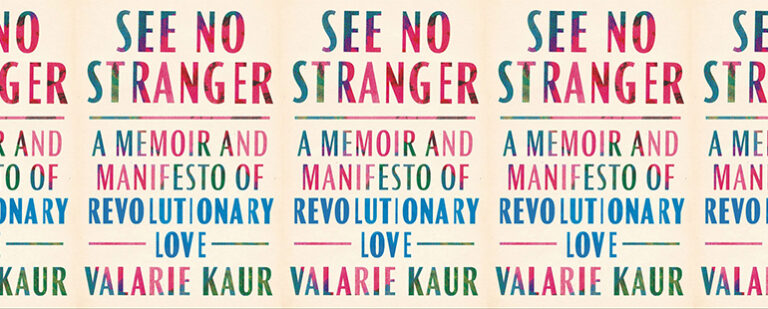
Valarie Kaur’s vision for change gathers up opponents into a story, refiguring them as members of one human family.
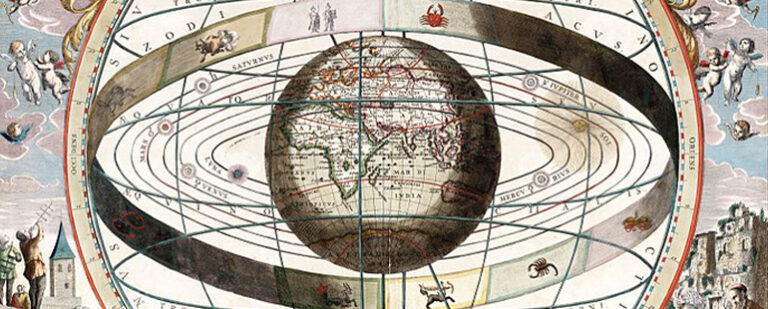
In the bigger picture of the “life story,” there appear to be no fixed beginnings or endings—only changes.
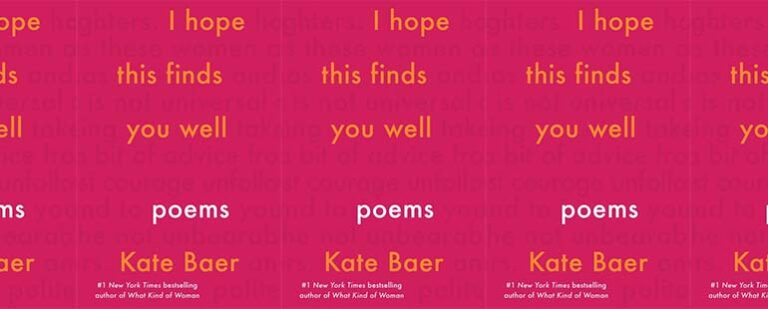
Kate Baer explores the potential of the erasure poem and shows how attention can uncover hidden grace.
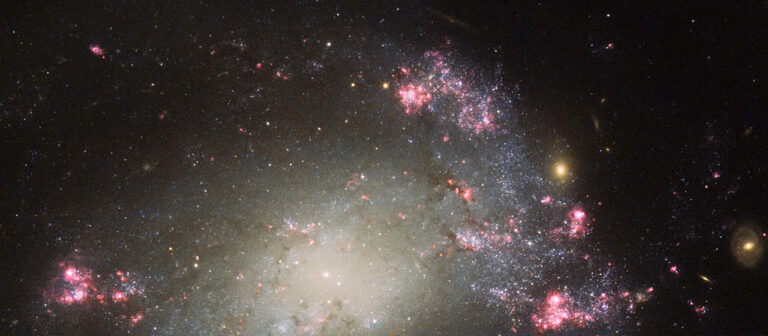
When the distinction between form and content is difficult to perceive, it can become nearly impossible to articulate the relationship between these supposed opposites. This tangle of questions is not limited to the arts; the problem of form and matter is important to anyone who deals with questions of creation.
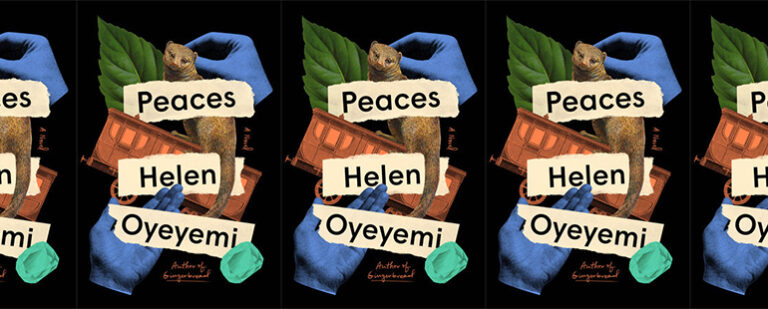
In Helen Oyeyemi’s new novel, time’s tricky manifestations in the material world point toward ambiguity itself as a poetics of unknowing and unseeing.
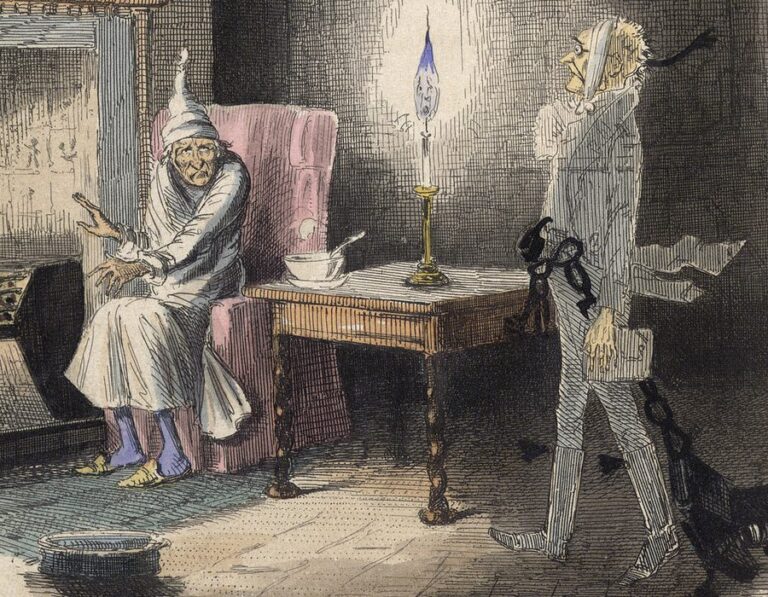
With the indefinite article “a,” Dickens seems to declare that the story is not about a carol, but is, instead, itself a Christmas carol: a song for the season.
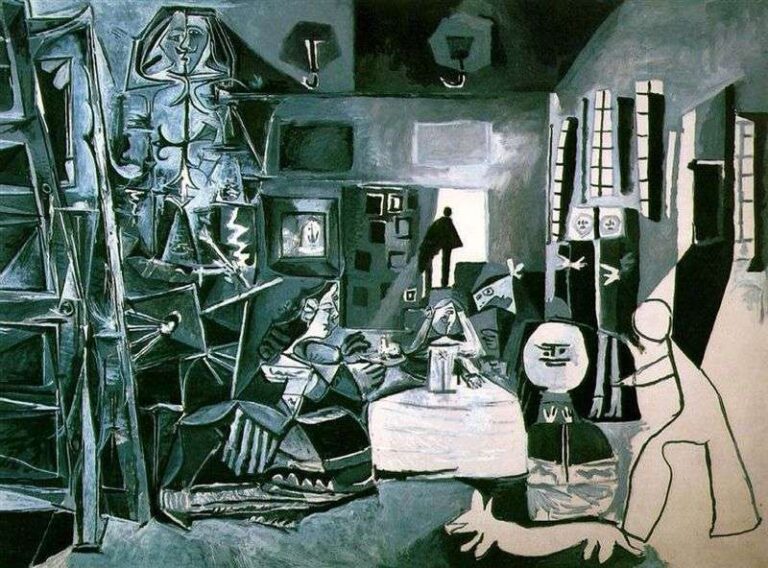
In Mirror Suite, Federico García Lorca explores questions of selfhood using the mirror as his guiding motif, asking how love manages to endure when other people’s interior lives seem so utterly inaccessible, and what it means for an imperfect person to be made in the image of God.
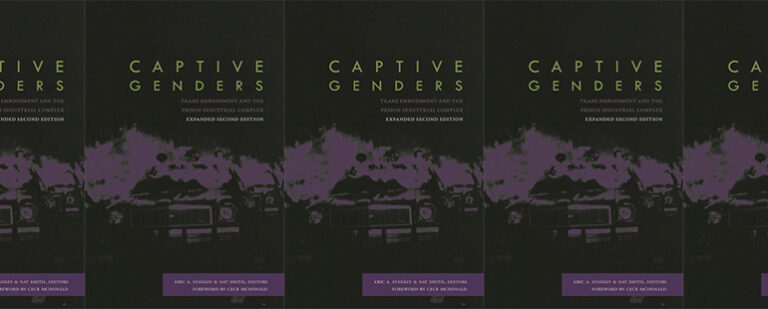
The making of necessary new systems of justice and wellness will not be a single act of creation; it will be—and already is—an ongoing act of collaborative composition.
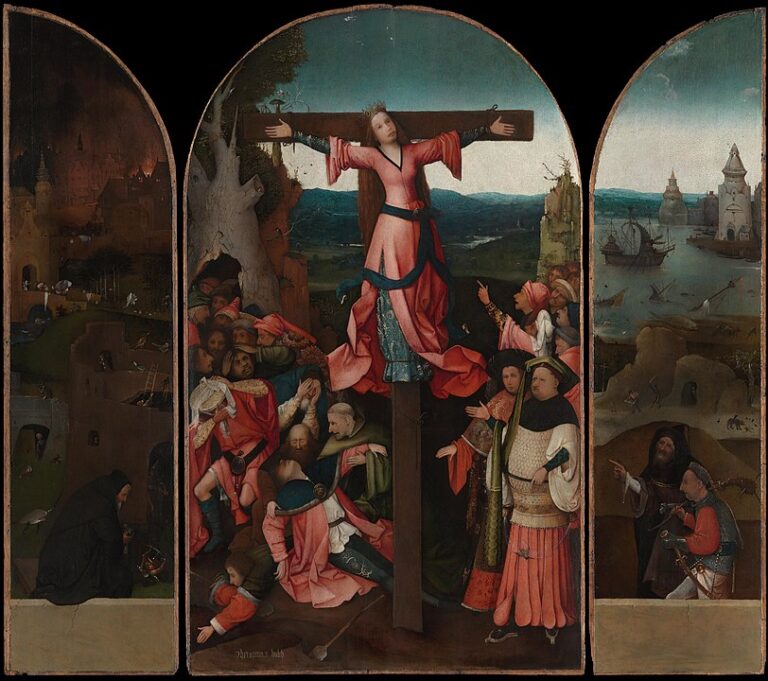
Reckoning with extreme psychic suffering, Dickinson’s poetic speakers repeatedly confront the boundary between unknowable interior experience and intelligible linguistic testimony.
No products in the cart.